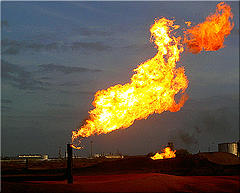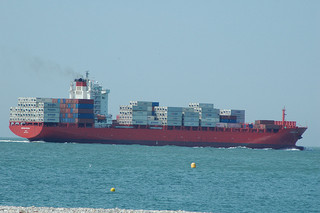U.S. Natural Gas Suppliers Look Toward International Markets for Profits

As the U.S. embarks on its quest for energy independence, relatively new procedures for tapping into our vast supplies of natural gas buried in shale underneath states like Colorado and New York open up opportunities for companies such as Exxon Mobil and Sempra Energy to boost profits, and perhaps the economy at large.
This article is for Premium Members only. Please login below to read the rest of this article.
Not a Premium Member yet? Become one today.
[login_form redirect=’https://www.procurementbulletin.com/u-s-natural-gas-suppliers-look-toward-international-markets-for-profits’]
[show_to accesslevel=’Premium Members’]
Exxon and Sempra are requesting permits from the federal government for over 20 projects to export natural gas to countries in Europe and Asia, particularly Japan. The requests are largely due to the drop in prices for natural gas in the U.S. market, caused by the drilling boom produced by fracking, the process used to extract natural gas reserves buried underneath layers of shale. However, these plans aren’t without critics.
Manufacturers such as Dow Chemical Co., which depend largely on natural gas for their power source, say these exports would drive up prices to U.S. consumers, inevitably harming the U.S. economy. If natural gas suppliers get their way and the federal government approves their plans to export the gas, as much as 40 percent of the natural gas produced in the U.S. could be shipped overseas.
As of last year, U.S. natural gas production was up one-third since the year 2005, and had reached 25.3 trillion cubic feet, according to the U.S. Energy Information Administration. If approved, the exports planned by Exxon and Sempra could amount to 29 billion cubic feet of natural gas per day being exported.
Supporters of exporting natural gas say it would help to bring the U.S.’s enormous trade deficit back under control. Aside from economic concerns by manufacturers depending on U.S. natural gas reserves for their operations, environmental groups raise concerns over the safety of fracking for natural gas. Some of their concerns include the potential for tainting underground water supplies and causing earthquakes. According to a study by Durham University, fracking is inconsequential in terms of causing earthquakes. [/show_to]






